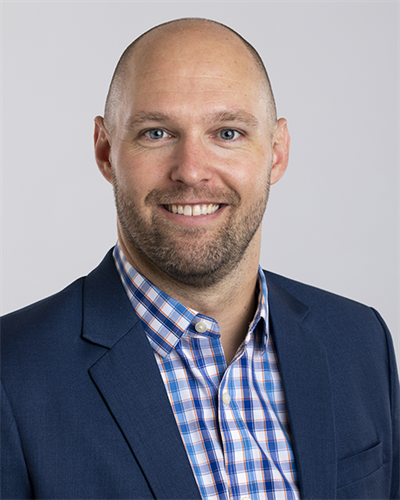Research/Areas of Interest
Animals, as a consequence of evolution, employ multiple, complex, highly interconnected, locomotion modes to overcome obstacles and move through unstructured environments; the individual contributions of which are not well understood. While roboticists have made great strides in enhancing robot performance, the focus has been on the control system (brain, sensors), and yet a significant gap still exists between robots and their biological counterparts. The Robot Locomotion & Biomechanics Laboratory at Tufts University focuses on enhancing robot mobility through a deeper understanding of the fundamental design methodologies employed by animals to combine locomotion modes (integrated multimodal locomotion), interact deterministically yet passively with the environment (morphological intelligence), and actuate their physical systems (advance actuation). Current projects include, adapting the complex, passive, multifunctional feet of desert locusts to enhance the dynamic surface interactions of terrestrial robots and support highly dynamic behaviors, studying how flying animals may use their physical systems (bodies) to transform relatively simple inputs into complex non-linear outputs through an understanding of the unsteady aerodynamics, and understand how swarms communicate and create complex structures.
Education
- Doctor of Philosophy, Carnegie-Mellon University, USA, 2017
- Master of Science, Carnegie-Mellon University, USA, 2010
- Bachelor of Science, San Diego State University, USA, 2008
